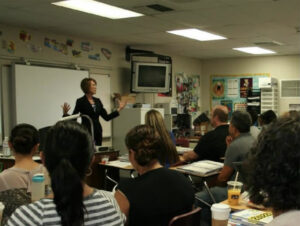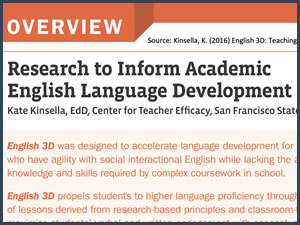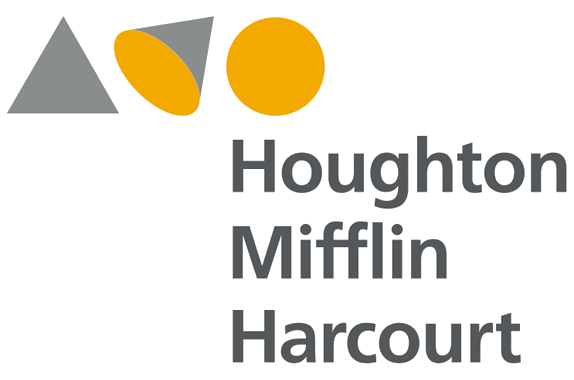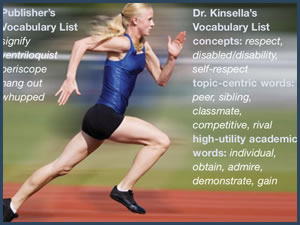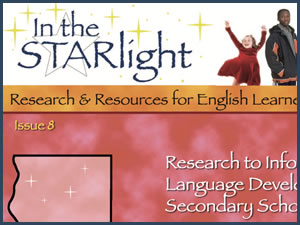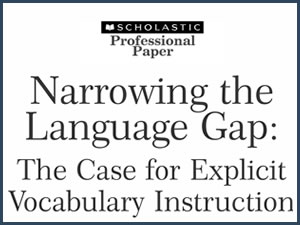Supporting Multilingual Learners in Accessing CTE Texts
Career and technical education, commonly referred to as career-tech ed or CTE, encompasses a wide array of industry-specific classes designed to enable high school students to explore career options and develop 21st-century skills for the modern workplace. [read more]
co-written with Jennifer Finney-Ellison
Celebrating Multilingual Learner Identity through Personal Narrative Instruction
The social isolation and countless hours of silent, independent assignments young linguistically diverse scholars have endured during the past year of online learning have left scores in dire need of lessons that affirm their identities while advancing their academic communication skills. In hopes of engaging acolytes in dual language or English language development coursework, empathetic educators often search for writing prompts that offer creative outlets for positive identity development and creative expression. [read more]
A Statistically Significant Success Story
According to an assessment by the Institute of Education Sciences, only about 13% of the grants awarded under the Investing in Innovation, or i3, program were considered successful (Sparks, 2018). With astonishingly few of the hundreds of programs proposed under this $1.4 billion federal grant program, here is the story of one grant project that truly led to statistically significant positive effects for English learners. [read more]
Strategies: Harmful or Helpful?
Federal law dictates that U.S. school districts must provide "research-based professional development" to any teachers, administrators, and staff who work with English learners, whether in high-inci- dence or low-incidence contexts. The train- ing must focus on methods for working with English learners and be substantive enough and offered frequently enough “to have a positive and lasting impact” (ECS, 2018). [read more]
Helping Academic English Learners Develop Productive Word Knowledge
Vocabulary plays a crucial role in all aspects of academic competence in K–12 schooling. Certainly, one of the most consistent findings in reading research is the extent to which students’ vocabulary knowledge directly supports their reading comprehension (Baumann and Kaméenui, 2004; Graves, 2006). [read more]
Research to Inform Academic English Language Development
Secondary educators across the United States are becoming deeply concerned about the English learners in their classrooms who, despite having completed most or all of their primary education in American schools, have striking gaps in their English knowledge, weak communication skills, and disappointing academic profiles. [read more]
Attentive Listening: An Overlooked Component of Academic Interaction
As U.S. K-12 classrooms move to incorporate 21st Century skills to prepare students for increasingly complex learning, life and work environments, a strong emphasis has been placed on effective communication and collaboration with other individuals to accomplish a common goal. [read more]
Disrupting Classroom Discourse: Preparing Diverse Learners for Today’s Language Demands
Our nationwide focus in K-12 education is on preparing students with the knowledge base and skills for higher education and the professional workplace. This focus is particularly relevant when it comes to communication and literacy. Teachers serving English learners, struggling readers, and youth from under-resourced households play a pivotal role in advancing their students’ verbal and written command of advanced social and academic English. [read more]
Cutting to the Common Core Making Vocabulary Number One
The Common Core State Standards (CCSS, 2010) call upon students to tackle increasingly complex informational and narrative texts and articulate their comprehension using academic register. Beyond the primary grades, developing readers must digest detailed concept- and data-driven passages and extract essential content in order to respond to text-dependent questions. [read more]
Research to Inform English Language Development in Secondary Schools
Advanced, if not native-like proficiency in English, is imperative for language minority youths whose educational and professional aspirations hinge upon communicative competence in the dominant language. The ability to converse in English with relative ease is not a bold enough instructional goal. [read more]
Narrowing the Language Gap: The Case for Explicit Vocabulary Instructio
There is a clear consensus among literacy researchers that accelerating vocabulary growth is a vital and often neglected component of a comprehensive reading program (Baumann & Kame’enui, 2004; NICHD Report of the National Reading Panel, 2000). Numerous studies have documented the strong and reciprocal relationship between vocabulary knowledge and reading comprehension. [read more]



